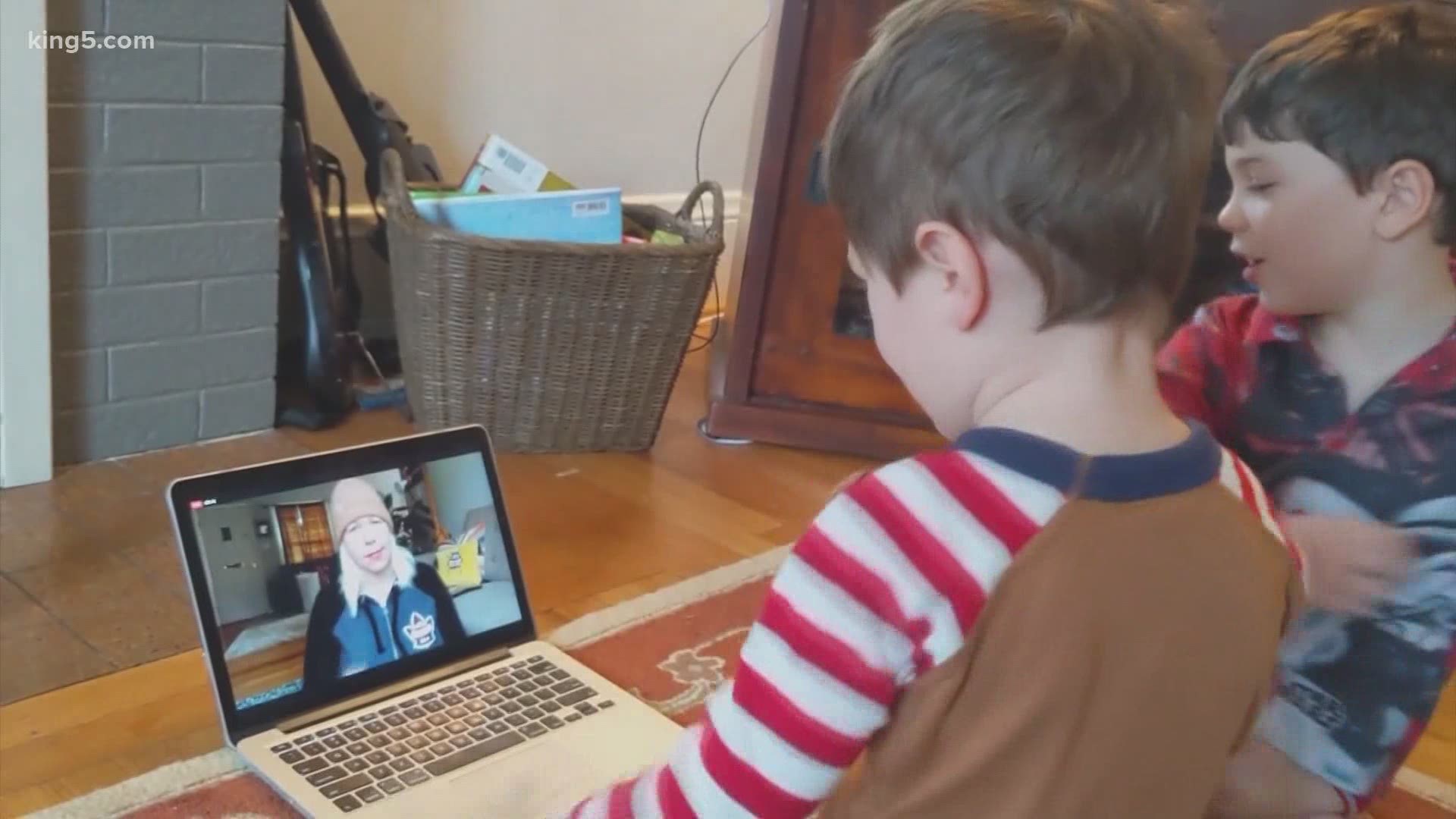SEATTLE, Wash. — The King County Prosecutor's Office said they are seeing an increase in cases of internet crimes against children, and the novel coronavirus pandemic is likely to blame.
Internet crimes against children could be anything from an adult meeting up with a child in person that they met online to sending explicit photos of or to minors.
"It's horrific what's being done to these children and the horrible things that they withstand," said Laura Harmon, a deputy prosecuting attorney with King County.
Harmon said the believed reason for a rise in these crimes recently is because everyone, children and adults included, are spending more time online.
"This has created a perfect storm for offenders to seek out children," said Harmon.
There were 43 cases of internet crimes against children in King County last year. So far this year, there have been 68.
Across the whole state, they're seeing 100-150 reports of these crimes per day. Before the pandemic, there were 50-80 reports a day.
Harmon said offenders prosecuted by their office span across different backgrounds and neighborhoods. Some have offended before while others were first-time offenders.
"It really runs the gamut," she said.
The age of victims, Harmon said, ranges from as old as 17 to as young as 5. Harmon said offenders usually pose as someone younger on social media and start complementing the child in their direct messages. They then begin asking for pictures.
"You're so cute. You're so pretty. I like your profile picture. Can you send me other pictures of you, you send me a picture of your bathing suit," Harmon gave as an example over a Zoom call on Monday morning.
She said then offenders begin asking for more explicit pictures, and if the child refuses to send them, they "sexploit" them. Harmon explained this as blackmailing behavior. The person threatens the child with posting their other explicit pictures online so their friends and family would see their shame.
"That is just becoming more and more common of a case that I've seen these days," said Harmon.
Some of these interactions also end with the offender meeting up with the child in person.
The Children's Advocacy Center of Washington (WA CAC) noticed this increase too and put together a resource guide to help parents protect children.
Their biggest piece of advice is to limit screen time, look into what parental controls you can place on your device, and most importantly, have a conversation with them.
"Honestly, anything that would facilitate conversation if something out of the ordinary would come up," said Paula Reed, the executive director of WA CAC. "You want your child to come and draw your attention to it as the parent to say, 'I don't know who this is.'"
She said she's heard of parents even creating a contract with their kids to make sure there's a mutual understanding of what crosses the line into dangerous territory on the web and why it does.
Prosecutors predict these crimes won't begin to decrease until the pandemic ends and life gets back to normal.

